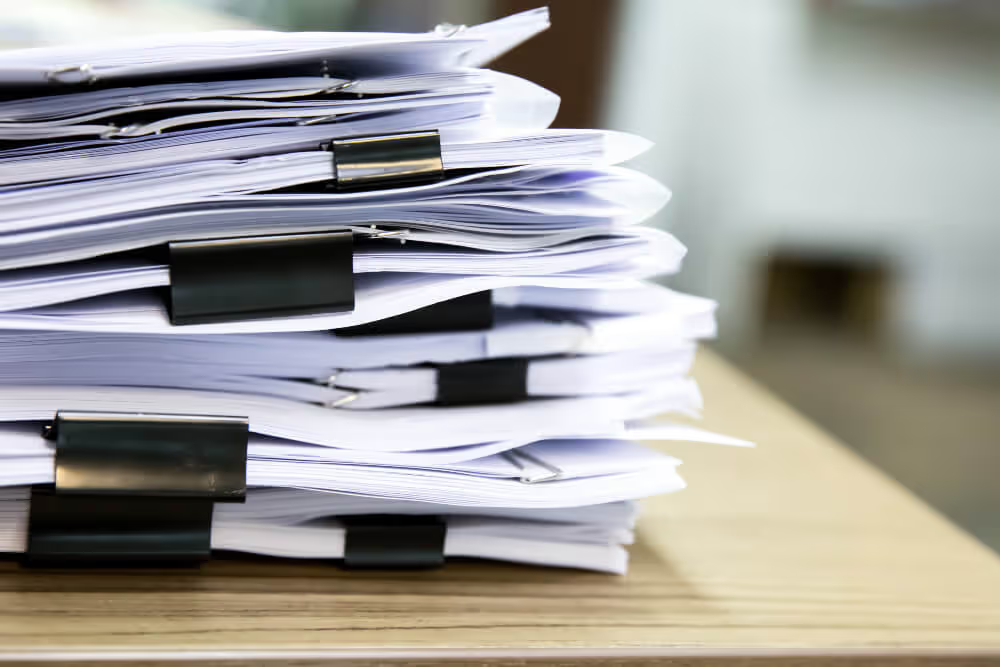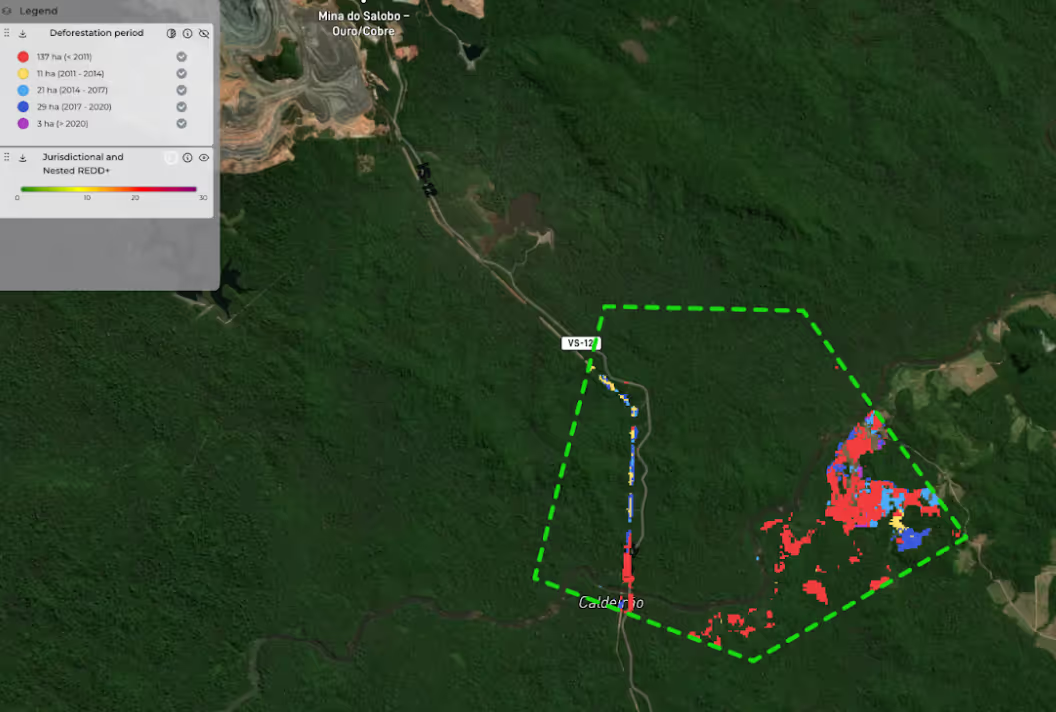Note: We have used the term ‘importers / exporters’ throughout when referring to ‘Operators’ and ‘Traders’ per the draft EUDR definition.
A useful ATIBT explainer describes Operators as “companies that place timber products on the EU market, but also those that export from the EU market” and Traders as “any entity in the supply chain other than the operator who, in the course of a commercial activity, makes timber and timber by-products available in the EU market.”
The EU Deforestation Regulation (EUDR) was introduced in early May 2023 and since then European importers and exporters have had to reflect on their work practices and what they need to do differently in order to meet the new requirements. This includes how they handle and store documents and data.
One of the new requirements is a due diligence statement must be submitted into the Commission’s purpose built information system before they are able to import to or export products from the EU. This, along with other requirements such as products being deforestation free and having been produced in accordance with the relevant legislation of the country of production, is needed in order to foster transparency and facilitate enforcement.
But what information is needed for a due diligence statement? From Annex II of the EUDR text the requirements include:
- Name of the importer/exporter, address, and sometimes the Economic Operators Registration and Identification (EORI) number – for the relevant commodities only
- A description of the product, including the trade name, the scientific name, and the quantity of the product.
- The country of production and geolocation information of the plots of land relevant to the harvest of commodities.
- Reference numbers of existing due diligence statements are needed if importers/ exporters are referring to them.
- A statement confirming correct regulations have been followed and that no or minimal risk was found.
- The date and a signature.
Furthermore, it is important to note that the actual Due Diligence requirements vary and are dependent on factors such as the size of a company, the country of origin or where the product underwent processing. Therefore, the Due Diligence statement alone does not share all of the required information, it is used to demonstrate that the importer/exporter has carried out the due diligence for a particular transaction.
The need to collect and carry out Due Diligence on all of the information for every transaction/shipment appears to be creating concern among many industry members. These concerns include the time it will take to collect the increased amount of data, the work needed from using multiple systems, and the time needed for manual data entry. Our Timber Report from 2022 found 48% of importers feel overwhelmed about increasing volumes of data they might need to handle.
This is where we are helping clients and users. By using Interu, commodities can be digitally traced back to their origin and the movement of these commodities is presented in a visual manner, by way of a supply chain map. This summarises all of the information on a shipment by shipment basis and creates an inter-connected supply chain, allowing users to identify the parties involved easily, and the commodity exchanges that occurred. This should be of particular interest to those with complex or unstable supply chains, and whose products contain many component parts – for example, furniture or paper/pulp companies.
While some businesses have moved on from chasing down a paper trail and navigating hundreds of documents in a filing cabinet, there is still room for improvement. Storing digital documents on local machines or even in the cloud will make the process of searching easier, but it still takes a lot of effort to organise all the data in an understandable way, and to provide visuals of the underlying supply chain. We can help to:
- Save time: by ensuring that all required documents are uploaded before a shipment can be recorded and that all output is less or equal to input (matching unique conversion rates), the quality of data is improved. Doing this saves time on sending emails back and forth trying to resolve errors or acquire/query specific documents.
- Navigate data easier: save time searching for data held within a system. Some single shipments have more than 100 documents associated with them. Trying to achieve supply chain mapping that is easy to understand using a paper-based system will take up many hours that could be better spent on other aspects of the business.
- Access data 24/7: Allowing users to save documents and certificates that are usually provided with each shipment will also save time, by providing 24/7 access to data, whenever it is needed. This is preferable to paper based document storage systems, which are limited to the availability of the physical space they have and access to them.
- Organise documents by type: Interu also allows users to label and specify which type of documents are being dealt with, such as a delivery order, or a log removal pass, and assign those types to the uploaded documents. By removing the need to specify the type within the document name, the process is easier for customers to identify these documents.
The benefits outlined above will not only create a drive for better accountability and, therefore, improve the quality of data, but ultimately will help importers and exporters provide the required level of information necessary to submit a Due Diligence statement, and therefore adhere to the new legislations, contributing to the fight against deforestation.
If you have any questions about how our technology can create an efficient storage system of data for your business, please reach out to us.





